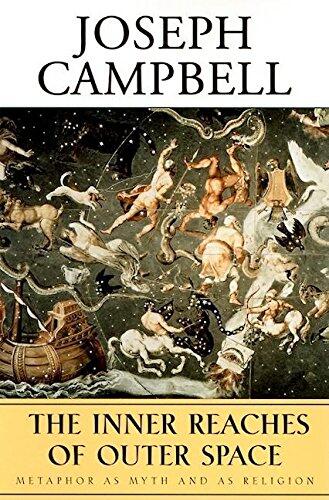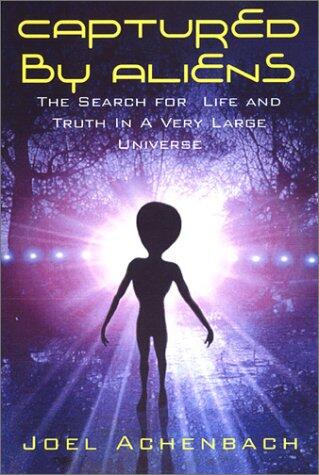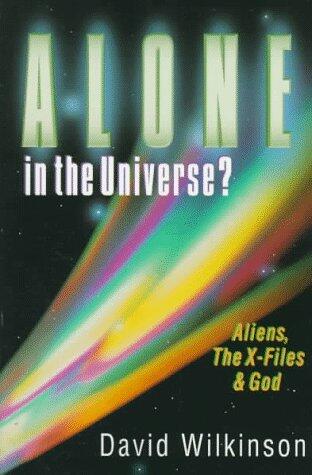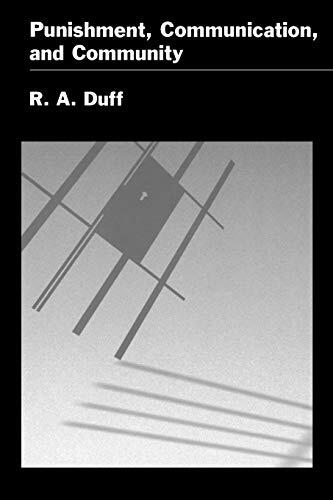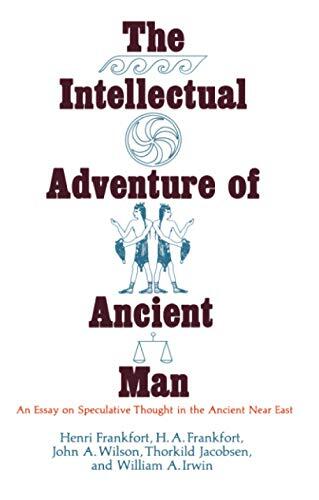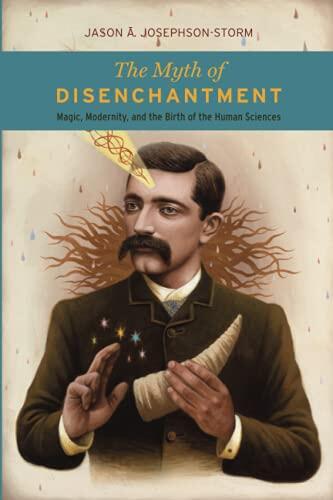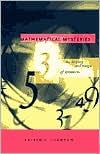
Trends in the Historiography of Science
还没有评分
Romance
Science & Technology
History
+1
more
格式
平装书
页数
472
语言
英语
已发布
Dec 5, 2010
出版商
Springer
版本
1994
ISBN-10
9048142644
ISBN-13
9789048142644
描述
This work delves into the evolving discourse surrounding the historiography of science, shedding light on the theoretical frameworks that have historically shaped the field. It emphasizes the importance of addressing the theoretical issues that underpin historical interpretations of scientific progress. Through a comprehensive analysis, the book aims to bridge the gap between history and philosophy, showcasing how these two disciplines can inform one another.
The authors, a collective of knowledgeable scholars, bring their diverse perspectives to bear on this intricate subject. They explore the nuances of how science has been recorded, interpreted, and understood over time, highlighting the many challenges and biases that have accompanied this endeavor. Their collaborative effort illustrates the ongoing debates and trends that continue to influence historians and philosophers alike.
Readers will find a rigorous examination of key concepts in the historiography of science, striving to contextualize scientific achievements within broader cultural and intellectual frameworks. The discussions encourage critical reflection on how narratives surrounding science are constructed and the implications of these narratives on contemporary understanding.
Overall, this scholarly work serves as both a valuable reference and a thought-provoking examination for those interested in the intersections of science, history, and philosophy, enriching the conversation about how history itself is written.
The authors, a collective of knowledgeable scholars, bring their diverse perspectives to bear on this intricate subject. They explore the nuances of how science has been recorded, interpreted, and understood over time, highlighting the many challenges and biases that have accompanied this endeavor. Their collaborative effort illustrates the ongoing debates and trends that continue to influence historians and philosophers alike.
Readers will find a rigorous examination of key concepts in the historiography of science, striving to contextualize scientific achievements within broader cultural and intellectual frameworks. The discussions encourage critical reflection on how narratives surrounding science are constructed and the implications of these narratives on contemporary understanding.
Overall, this scholarly work serves as both a valuable reference and a thought-provoking examination for those interested in the intersections of science, history, and philosophy, enriching the conversation about how history itself is written.
